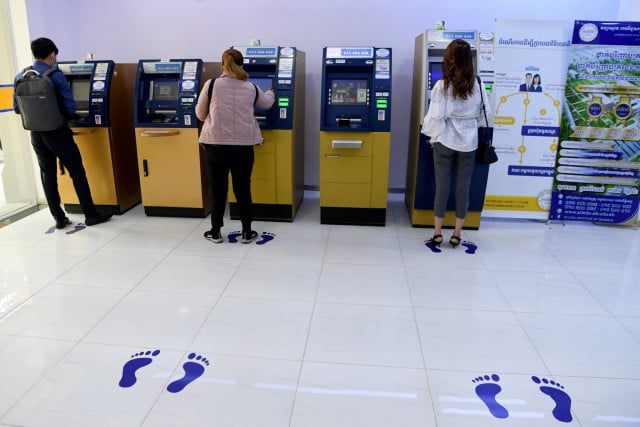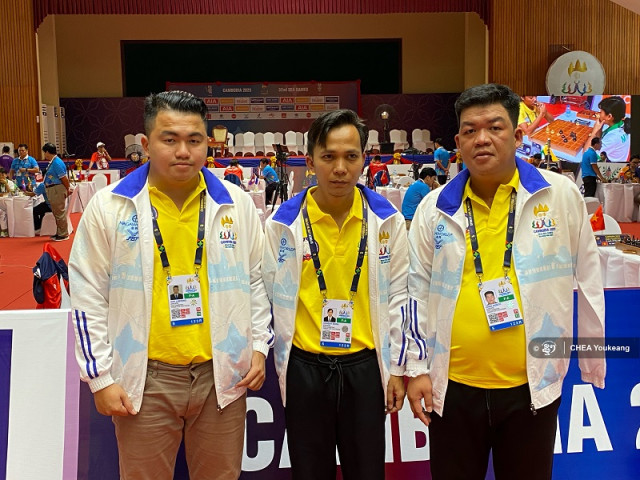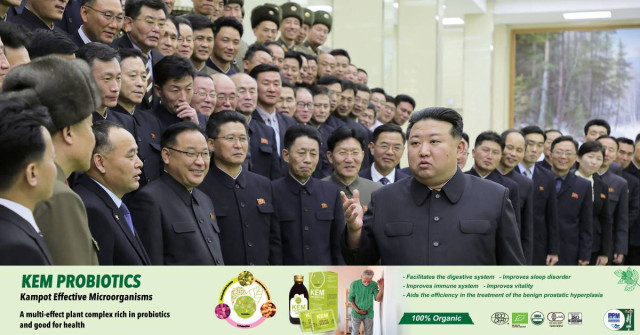Microfinance Complaint Takes Step Forward

- By Teng Yalirozy
- November 16, 2022 5:18 PM
PHNOM PENH – The association representing microfinance companies says it is not worried by the progress of a complaint about human rights abuses and violation of standards filed with the International Finance Corporation (IFC).
The association said it welcomed the investigation and would not remain silent.
The IFC compliance advisor ombudsman announced on Nov. 11 that the complaint filed by LICADHO and Equitable Cambodia (EC) in the interest of affected borrowers is being appraised for compliance.
An appraisal is the first step in the compliance stage, which determines whether additional research is necessary. The ombudsman conducts an investigation if necessary, after which it provides the IFC with findings and recommendations and keeps track of any corrective action plans.
LICADHO and EC in February filed a complaint against six microfinance institutions and banks, ACLEDA, Hattha Bank, Sathapana, Amret, LOLC, and Prasac, that receive investment from IFC.
The civil organizations accused them of violating child labor rights and indigenous peoples' land rights, which are prohibited under the IFC's Exclusion List of investments.
The complainants accuse the institutions of predatory and dishonest lending practices, including threatening collection actions.
Loss of land, loss of livelihood, food insecurity, health risks and child labor are among the issues in the complaint.
LICADHO operations director Am Sam Ath said the ombudsman accepted the complaint in May and now the complaint will move to the compliance stage, which is an important step toward addressing microfinance abuse.
The issue must not be delayed as human rights were being severely abused by the microfinance sector and must be addressed in accordance with international laws.
“We, a civil society group, want to see the acceptable solution and compensation for those whose rights have been violated and who have their land confiscated,” Sam Ath said on Nov. 16.
CMA spokesperson Kaing Tongngy said he applauded the investigation and welcomed any findings so that the association could address the issues and improve the sector.
He said the statement of the civil organizations was not reliable as the findings did not include input from the microfinance side.
The association accepts irregularities and the worries of the borrowers and has inspected areas of complaint. Problems were caused by some loan officers who carried out their work in contrast to the principles of the institutions.
Some irregularities were that loan officers persuaded borrowers to take loans from private financial companies and to sell their properties, while they also used inappropriate words and had not gone through a thorough assessment before granting the loan.
“This had not happened in the way the civil group had alleged and the association had taken action against those loan officers,” he said.
“We, the Microfinance Association, did not participate in the study because when we approached them, there seems to be no cooperation and openness to participate in all activities,.
“The report of LICADHO could not be used because there were technical issues and not enough inputs that we could use.”
Asked if he was worried about the result of the investigation, Tongngy said he was not because the association had not found what the civil group claimed.
“If the independent party like IFC intervenes, it is great. If they find irregularities, we won’t stay still,” he said.
“We recognize that the sector is not perfect, and there are always some loan officers who commit against the principles. But there is only a small number, and we do not remain silent.”
Sam Ath urged microfinances to adhere to the standard of IFC, such as no acquisition of the clients’ property and adherence to the code of conduct.
He said that if irregularities are found, the six microfinance institutions and banks will have to confront IFC and compensate the affected borrowers.
“We want not only that, but we want to urge those who want to invest in the banking and finance sector to respect and adhere to the principles and the code of conduct without intimidation and acquisition of the client’s property,” he said.
Over 167,000 households in Cambodia have had to sell land to pay back loans over the past five years, according to the study's findings of the Federal Ministry for Economic Cooperation and Development.















